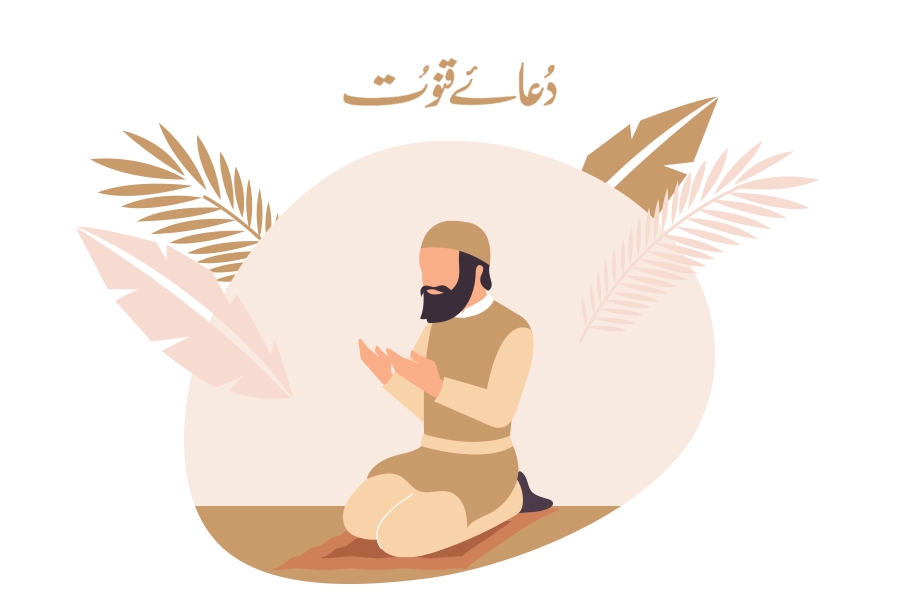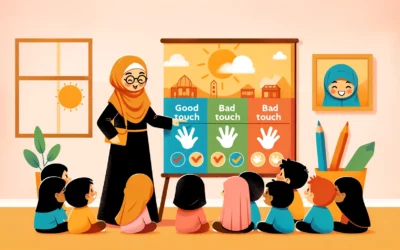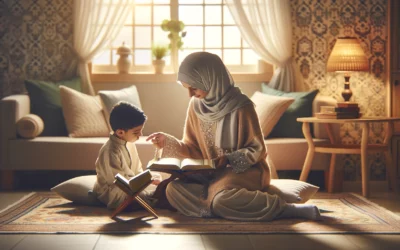One of the best rewards in this world is being close to Allah. And there’s no better way to stay connected with Allah than prayers and supplications. Dua Qunoot is one Dua that the Prophet Muhammad (PBUH) has taught us to show humility, obedience, and devotion to Allah.
There are many essential constitutes to meet your salah, and one of them is Dua e Qunoot. Through Dua Qunoot, our Prophet Muhammad (PBUH) guided us to show modesty, obedience, and loyalty to Allah like many other dua.
Here we will learn Dua Qunoot English and Dua Qunoot transliteration.
What is Dua Qunoot?
In Arabic, Qunoot means being obedient, or it is the act of standing. In Dua e Qunoot we ask Allah for blessings, guidance, and strength. Prophet Muhammad (SAW) recited Dua Qunoot whenever Muslims passed through a significant difficulty or disaster. Prophet Muhammad (PBUH) often recited it during Witr, Fajr, and sometimes during other prayers throughout the year.
When to recite Dua e Qunoot?
Dua Qunoot is recited in the last Rakah of Witr prayer after bowing, but it is okay if one recites it before turning. However, reciting it after bowing is better.
There are two extreme views and one middle (or moderate) view about Dua Qunoot. According to some narrators, one should recite Qunoot before bowing. And some say that supplicator should only recite it after bowing(rukoo).
Fuqaha’ among the scholars of hadith, such as Ahmad, say that both are allowed as Saheeh Sunnah mentions both. But they preferred reciting Qunoot after bowing and standing because Saheeh sunnah mentions it more often.
Shaykh al-Islam [Ibn Taymiyah] said in Majmoo’ al-Fataawa (23/100)
Dua Qunoot in Arabic
اللهم إنا نستعينك ونستغفرك ونؤمن بك ونتوكل عليك ونثني عليك الخير ونشكرك ولا نكفرك ونخلع ونترك من يفجرك
اللهم إياك نعبد ولك نصلي ونسجد وإليك نسعى ونحفد ونرجو رحمتك ونخشى عذابك إن عذابك بالكفار ملحق
O’ Allah! We implore You for help and beg forgiveness of You and believe in You and rely on You and praise You, and we are thankful to You and are not ungrateful to You, and we alienate and forsake those who disobey You.
O’ Allah! You alone do we worship, and for You do we pray and prostrate, and we betake to please You and present ourselves for the service in Your cause, and we hope for Your mercy and fear Your chastisement. Undoubtedly, Your torment is going to overtake infidels, O’ Allah!
Dua Qunoot in English
Dua Al-Qunoot was narrated by Abu Dawood (1425), al-Tirmidhi (464), and al-Nasaa’i (1746) from al-Hasan ibn ‘Ali (may Allaah be pleased with him) according to him, The Messenger of Allaah (peace and blessings of Allaah be upon him) taught me some words to say in Qunoot al-witr.
Allaahumma ihdini feeman hadayta wa ‘aafini feeman ‘aafayta wa tawallani feeman tawallayta wa baarik li feema a’tayta, wa qini sharra ma qadayta , fa innaka taqdi wa la yuqda ‘alayk, wa innahu laa yadhillu man waalayta wa laa ya’izzu man ‘aadayta, tabaarakta Rabbana wa ta’aalayta la manja minka illa ilayk.
O’ Allah! We implore You for help and beg forgiveness of You and believe in You and rely on You and praise You, and we are thankful to You and are not ungrateful to You, and we alienate and forsake those who disobey You. O’ Allah! You alone do we worship, and for You do we pray and prostrate, and we betake to please You and present ourselves for the service in Your cause, and we hope for Your mercy and fear Your chastisement. Undoubtedly, Your torment is going to overtake infidels, O’ Allah!
Dua Al Qunoot translation
Allah, guide me among those whom You have trained, pardon me among those whom You have forgiven, turn to me in friendship among those on whom You have turned in the company, and bless me in what You have bestowed, and save me from the evil of what You have decreed. You decree and none can influence You for indeed, and he is not humiliated whom You have befriended, nor is he honoured who Your enemy is. Blessed are You, O Lord, and Exalted. There is no place of safety from You except with You).”
The last phrase – Laa Manja Minka illa ilayka (There is no place of safety from You except with You) – was narrated by Ibn Mandah in al-Tawheed and classed as Hasan by al-Albaani.
See Irwa’ al-Ghaleel, hadeeth no. 426, 429.
Then he should send blessings upon the Prophet (peace and blessings of Allaah be upon him). See al-Sharh al-Mumti’ by Ibn’ Uthaymeen (4/14-52).
Is Dua Qunoot compulsory in witr?
Qunoot is Sunnah. Based on this, if a worshipper omits Qunoot, his prayer is still valid.
Shaykh Ibn Baaz (may Allaah have mercy on him) was asked about the ruling on reciting the dua’ of Qunoot in Witr during the nights of Ramadaan, and whether it is permissible to omit it.
He replied:
Qunoot is Sunnah in Witr, and if a person omits it sometimes, there is nothing wrong with that.
And he was asked about a person who always recites Qunoot in Witr every night – was that narrated from our forebears (the salaf)?
He replied:
There is nothing wrong with that; instead, it is Sunnah. Because when the Prophet (peace and blessings of Allaah be upon him) taught al-Husayn ibn ‘Ali (may Allaah be pleased with him) to say Qunoot in Witr, he did not tell him to omit it sometimes or to do it all the time, this indicates that either is permissible. When Ubayy ibn Ka’b (may Allaah be pleased with him) led the Sahaabah in prayer in the Mosque of the Messenger of Allaah (peace and blessings of Allaah be upon him). He used to omit Qunoot some nights; perhaps that was to teach the people that it is not obligatory.
Benefits of Dua Qunoot
Finally, the benefits of dua are numerous;
- Supplicating to Allah Almighty should be during testing times and show gratitude or seek protection when things go smoothly.
- Dua keeps our hearts humble, our souls full of hope, and our homes with blessings.
- It will make the person interested in Praying Salah.
- Reciting it will fulfil all your wishes and dreams.
- It will bring immense prosperity to your income.

















